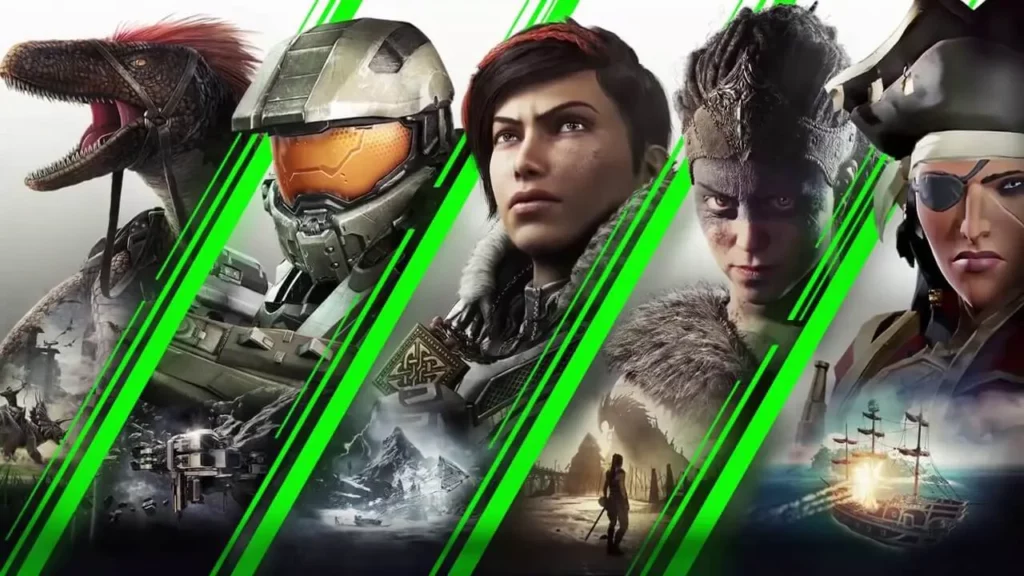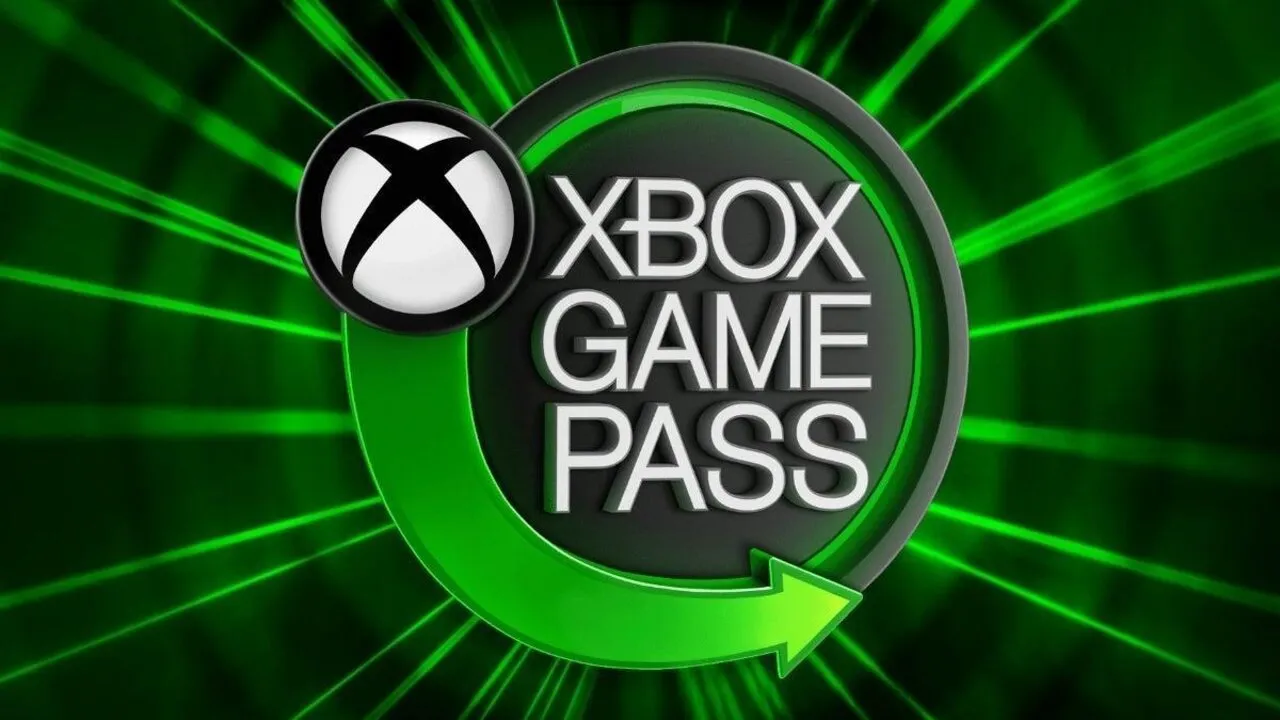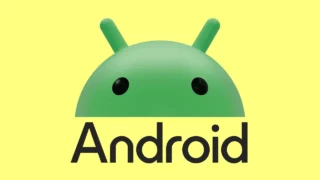Veteran developer Raphaël Colantonio, best known for leading Arkane Studios on Dishonored and Prey, has aimed at Microsoft’s Game Pass model. In a recent statement, he described the subscription system as “unsustainable,” warning that its impact could ripple across the industry.
Game Pass and the illusion of success

Colantonio argued that the success of Game Pass is fueled by massive financial backing money most companies can’t compete with. While millions of players might engage with a game through the service, he pointed out that developers don’t always benefit proportionally. The concern is simple: volume doesn’t equal value if the payout model doesn’t scale.
Game Pass and its role in studio closures
His criticism comes in the wake of multiple studio shutdowns and layoffs across Microsoft’s gaming division. Colantonio believes Game Pass plays a role in this. Guaranteed upfront deals may offer short-term stability, but they can erode long-term profitability and risk creative stagnation.
Game Pass versus consumer expectations
Many gamers praise Game Pass for its value, with day-one access to high-profile titles. But Colantonio warns that what benefits players in the short term could strain the studios making those games. He questions whether the industry can afford to keep delivering big-budget titles under a model that encourages high turnover and fast content churn.
What could change moving forward?
- Game Pass might shift focus to older or back-catalog games
- Day-one releases could become rarer or come with modified terms
- Independent studios may rethink participation unless profit models evolve
The broader industry impact is still unfolding
The criticism taps into a larger conversation about sustainability in game development. Colantonio isn’t the first to raise red flags, and he likely won’t be the last. The model may work for some, but for the industry as a whole, the long game is still uncertain.















